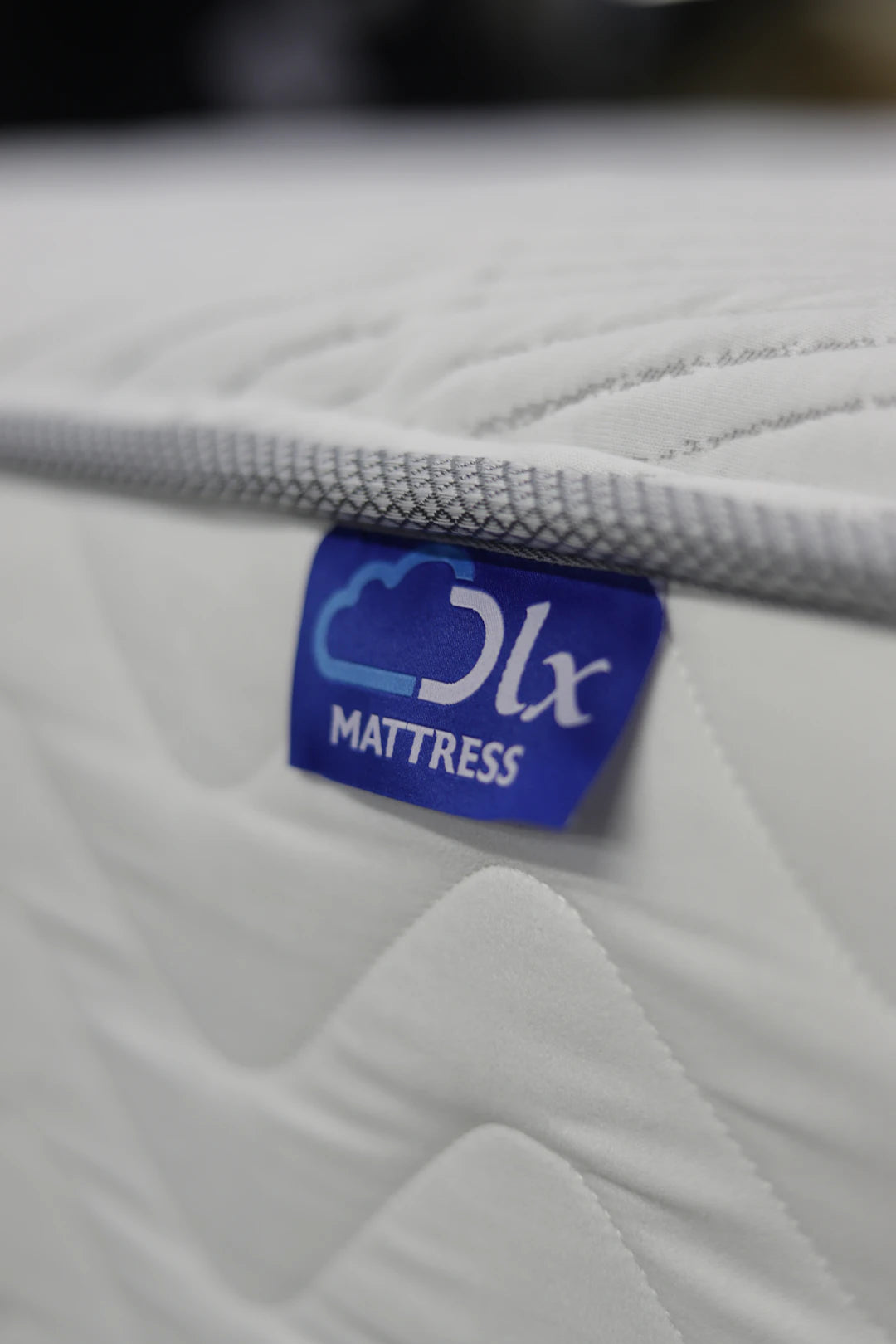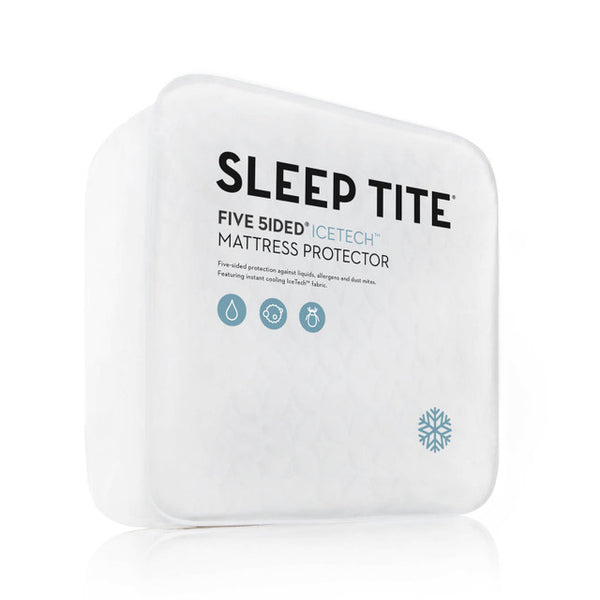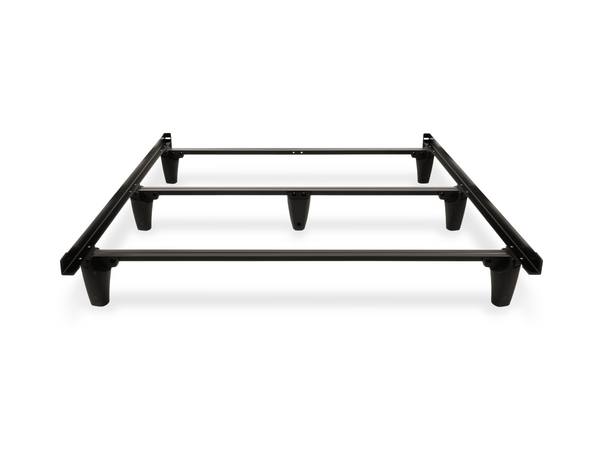
Frequently Asked Questions
1. What is a mattress warranty?
2. What are the two types of mattress warranties?
3. How can I make a warranty claim for my mattress?
4. What should I do if my warranty claim is denied?
When it comes to purchasing a mattress, many shoppers focus on comfort, size, and material. However, one key factor that often gets overlooked is the warranty. Understanding mattress warranties is essential for making an informed decision and protecting your investment. In this article, we'll explore everything you need to know about navigating mattress warranties, helping you to sleep soundly knowing you're covered.
What is a Mattress Warranty?
A mattress warranty is a guarantee from the manufacturer that covers defects in materials and workmanship. In simple terms, if your mattress develops problems due to manufacturing flaws, the warranty usually provides for repair or replacement within a specified time frame. Warranties can vary significantly based on the manufacturer and type of mattress, so it's crucial to dive deep into the details.
Types of Mattress Warranties
There are generally two types of warranties associated with mattresses: limited warranties and non-prorated warranties.
Limited Warranty
A limited warranty is the most common type and covers specific defects. It's important to read the fine print, as this type of warranty may have various conditions or exclusions. For example:
- Only certain defects may be covered.
- Specifics about the length of coverage (typically between 5 to 20 years).
- Potential fees for replacement or repair after a certain time period.
Non-Prorated Warranty
A non-prorated warranty covers the full cost of repair or replacement solely during the specified warranty period. After this period, you may still be covered for defects, but you will be responsible for a percentage of the cost. A non-prorated warranty offers more peace of mind as it ensures you won’t be charged additional fees over time.
Understanding Warranty Terms and Conditions
Every mattress warranty comes with its own set of terms and conditions that can affect your coverage. Here are some critical aspects to pay attention to:
The Coverage Period
The warranty coverage period is essential for evaluating how long you're protected after your purchase. Some warranties may offer full coverage for only the first few years, while others extend protection over a longer duration. Knowing this can help you decide if the mattress is a long-term investment or a short-term solution.
Exclusions and Limitations
It's crucial to examine any exclusions or limitations in the warranty document. Common exclusions include:
- Damage due to normal wear and tear.
- Stains or soiling on the mattress.
- Improper use, such as exceeding weight limits or using on inappropriate foundations.
Understanding these limitations helps you avoid potential pitfalls when making a claim.
How to Make a Warranty Claim
If you find yourself needing to make a warranty claim, here are steps to follow:
Collect Documentation
Always keep your receipt and warranty documentation safe. Manufacturers usually require proof of purchase along with other relevant information. If your warranty states that you must register your mattress, make sure to do this promptly.
Contact Customer Service
Once you have the necessary documentation, reach out to the manufacturer's customer service. Be prepared to explain your issue clearly and provide any supporting evidence, such as photos of the defect. A good company will guide you on the next steps for your claim.
Follow Instructions and Be Patient
After you've submitted your claim, follow the manufacturer's instructions carefully. Be patient, as processing claims can take time—especially if they need to conduct an inspection. Always keep communication lines open and document any interactions.
Tips for Getting the Most Out of Your Warranty
Here are some tips to help you navigate your warranty effectively:
- Read Reviews: Before purchasing, look into customer feedback regarding how the company handles warranty claims.
- Understand Maintenance Requirements: Some warranties may require specific maintenance or use to remain valid. Familiarize yourself with these requirements.
- Don't Wait Too Long: If you notice a defect, don't wait to claim. Many companies have time limits within which you must report issues.
Comparing Mattress Warranties
When shopping for a mattress, comparing warranty policies can help you identify the best value. Look at multiple brands and weigh their benefits against costs.
Key Factors to Compare
- Length of coverage.
- Types of defects covered.
- Options for repair or replacement.
- Exclusions and limitations.
- Customer service reputation.
By carefully reviewing these factors, you’ll be better positioned to make an error-free purchase.
What to Do If Your Warranty Claim Is Denied
There may be instances where your warranty claim is denied. If this happens, don’t despair. Here’s what to do next:
Request Detailed Reasons
Ask the manufacturer for a written explanation regarding the denial. This will help you understand their decision and identify if it’s a valid reason.
Review Your Documentation
Double-check your original warranty and documentation to confirm that your situation should indeed be covered. If you find a discrepancy, holler back to the manufacturer with your findings.
Consider Further Action
If you still feel your claim was unjustly denied, check if your state has consumer protection laws that could support your case. In some instances, it may even be worth pursuing further mediation or contacting a consumer advocacy group.
The Importance of Retailer Policies
Your shopping experience starts well before you purchase a mattress. Understanding your retailer’s policies can also enhance your buying experience.
Return Policy
Many retailers offer trial periods and return policies. Familiarizing yourself with these can help you decide if a mattress is suitable once you get it home. A good trial period allows you to return the mattress for a full refund if it doesn't meet your expectations.
In-House Warranties
Some retailers might offer their own warranty in addition to the manufacturer’s warranty. Make sure to ask about any additional coverage that may be available. This value-added feature may offer more protection than the stock warranty.
Protecting Your Investment with Proper Care
Proper care can extend the life of your mattress and ensure it meets warranty requirements. Here are some maintenance tips:
- Use a Mattress Protector: Protectors guard against spills and stains that could void your warranty.
- Rotate Regularly: Rotating your mattress can prevent sagging and uneven wear.
- Follow Handling Instructions: Always use recommended methods for moving or setting up your mattress.
Final Thoughts: Sleep Soundly Knowing You're Covered
Investing in a mattress is a significant commitment, and understanding warranty policies is essential for protecting that investment. By navigating the complexities of mattress warranties, you empower yourself to make informed choices that ensure long-term satisfaction.
Remember, thorough research and understanding the fine print can lead to a restful night's sleep without the anxiety of unexpected costs. Feel confident in your purchase and enjoy the rewards of a good night's rest well into the future!









